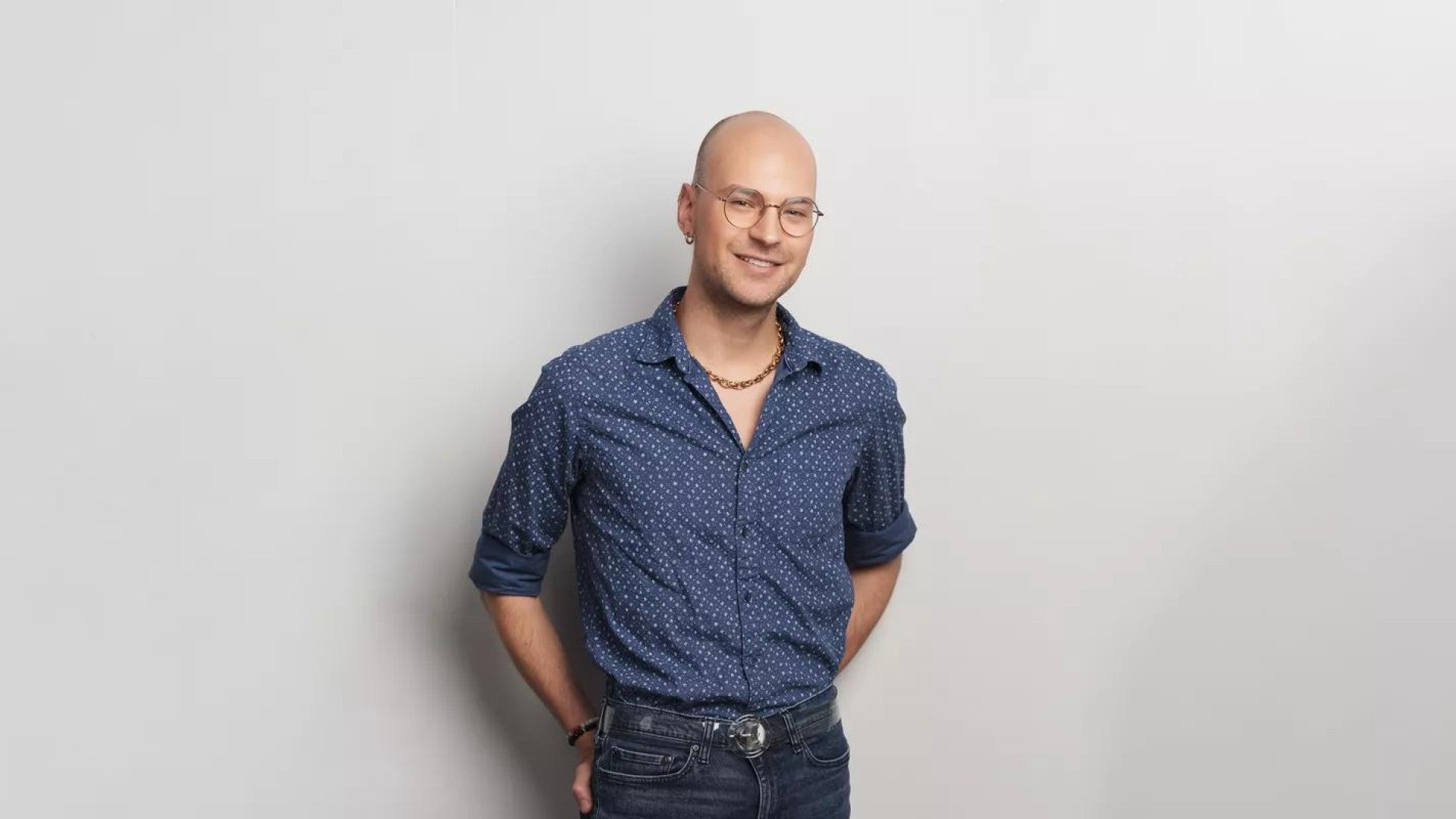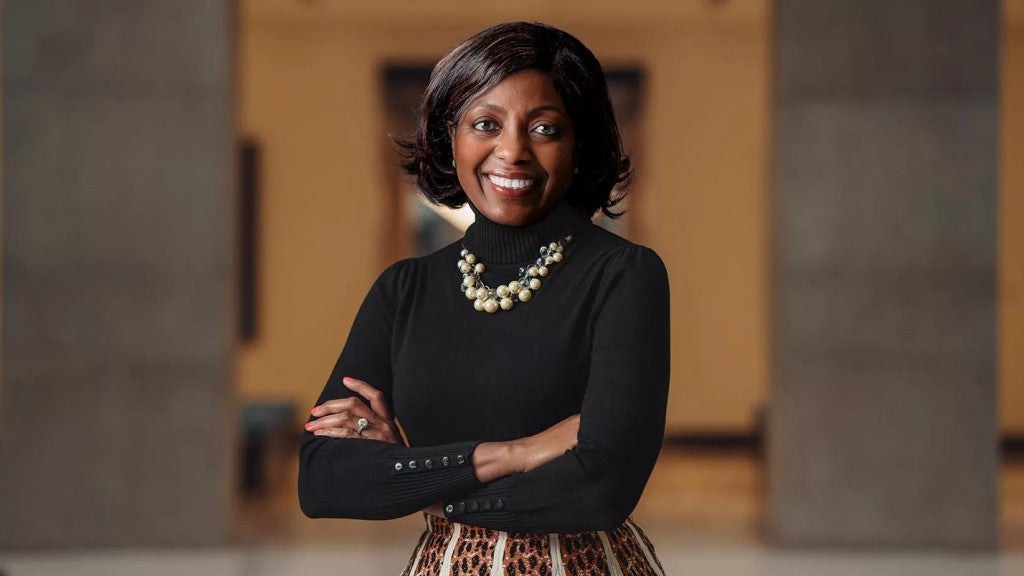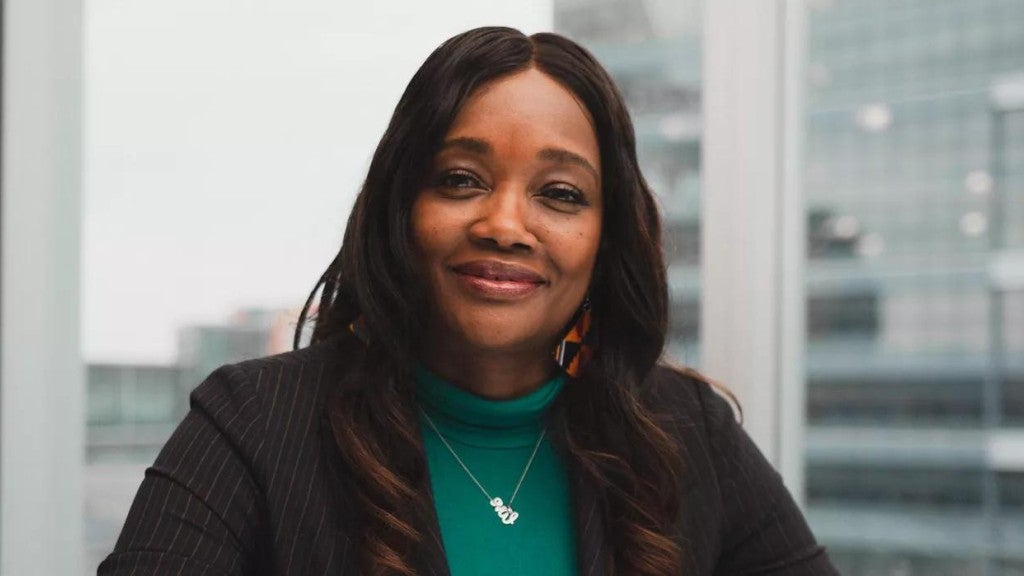Like most interns, when Tanner Mote began work in 2015 at Principal®, he took his time getting the lay of the land. What room, exactly, did “GA109” refer to? Which parking lot was which? And where did you find a cup of coffee?
But beyond the ins and outs of the building, commute, and caffeine, Mote, who identifies as queer, also had questions about the culture at Principal. He wanted to find out how much of his true self he could bring to work every day.
That became especially important once he became a full-time employee. A leader encouraged him to attend employee resource group (ERG) meetings that aligned with his interests. “I remember going to an event that brought in an external speaker who was a psychiatrist specializing in helping elderly LGBTQ+ patients,” Mote says. “In the context of a financial services company, it was a really interesting conversation to have at work and it made me realize that there was an inclusion lens at Principal.”
Mote’s experience gave him insight into how Principal addresses, and continually updates, its commitment to diversity, equity, and inclusion, commonly abbreviated to DE&I. “We’ve really pivoted into a mindset that’s intentionally inclusive, especially with actions like hiring a chief inclusion officer,” Mote says. “To have champions and advocates at every level means we’re not just saying we’re committed to equality—we’re doing it.”
The challenges to inclusion
Nearly two decades ago, Principal recognized the LGBTQIA+ community faced barriers to financial security, some because of legal impediments. For example, 37% of LGBTQIA+ households have difficulty paying for usual household expenses, versus 26% of non-LGBTQIA+ adults.1 Some employers still don’t offer health insurance to same-sex spouses.2 More than one in four transgender people reported losing a job due to bias.3 Same-sex couples that decide to pursue parenthood generally experience higher medical and legal fees throughout the process.4
To help codify equality and break down those barriers, Principal supported an expansion of Iowa’s Civil Rights Act to include gender identity and sexual orientation in addition to race, sex, age, national origin, creed, religion, and disability status as protected classes. The law was signed on the Principal campus in 2006.
Equity for Principal, internally and externally
Internally, Principal continuously asks, How can we create a diverse, equitable culture from talent to corporate practices?
“There’s a growing body of research that businesses of all sizes accrue multiple benefits when they make DE&I integral to their corporate cultures,” says Miriam Lewis, chief inclusion officer at Principal. “Recruitment, retention, and employee engagement all improve, and a diverse workforce drives greater innovation.”
As Mote gained tenure at Principal, he also realized he could be himself at work, too. “I present as white and male, so that I’m queer isn’t as evident on a surface level,” Mote says. “There’s an openness to intentional conversations. You can shed some of the layers and show up the way you are, not the way you think you’re expected to be.”
Externally, Principal questioned how to align its sponsorship efforts more closely with DE&I initiatives. For example, historically, with fewer sponsorship and advertising dollars, there have been fewer opportunities for women to play professional sports. In February 2022, Principal became the exclusive financial services marketing partner of the Premier Hockey Federation (PHF), the women’s professional hockey league. Support dollars were also realigned to balance a presence at both PGA and LGPA, NCAA women’s and men’s basketball, and NCAA football, softball, and lacrosse.
Professional opportunity, personal comfort
As part of the talent acquisition team, Mote recently took on a new role as internship program manager. “When I was a resident advisor as a college student, I realized that I love being able to connect with this age group,” he says. “And it was my pipeline to Principal and to understanding the culture here.”
There’s lots of information to share with any new hire, including interns, but the Principal DE&I proof points make particular impact.
- Principal measures its culture through an inclusion index, with a goal score of 80 (the 2021 number sits close at 79).
- The Human Rights Campaign Foundation's Corporate Equality Index, the national benchmarking tool on corporate policies, practices, and benefits pertinent to lesbian, gay, bisexual, transgender, and queer employees, has given Principal 100% every year since 2016.
- Principal received the Forbes Best Employers for Diversity award in 2022.
- The company was a 2020 signatory on the CEO Action for Diversity and Inclusion and Business Coalition for the Equality Act, a CEO-driven business commitment to advance diversity and inclusion in the workplace.
Mote’s happy with the internal mobility he’s found. “This is a place where you really can grow, develop, and be here as long as you want and not in the same role,” he says.
That professional opportunity comes alongside personal comfort, too. “What brought me and kept me at Principal were opportunities to be inclusive, to engage with others through ERGs, to intentionally connect with people because of my identity,” Mote says. “Inclusion itself is additive in every sense of the word. People who feel included feel like they belong, and people who belong are active contributors. One of my favorite phrases is, Instead of calling people out, it’s better to bring people in.”
What's next?
Watch our player profile story to hear why we’re advancing gender equity in sports. Then, read more about our efforts at Principal.com/sustainability. Learn more about how you can develop your own career a Principal.com/careers.



